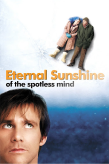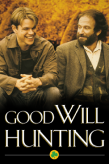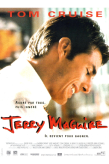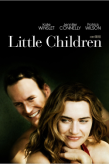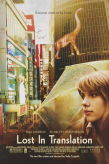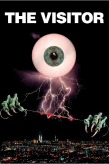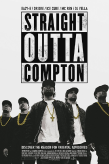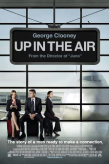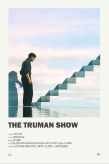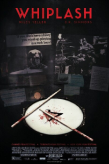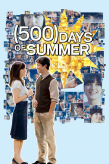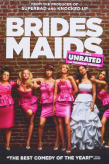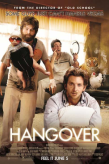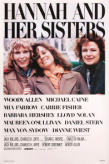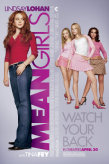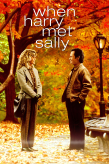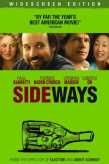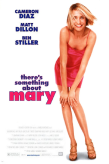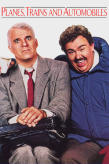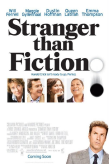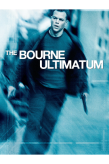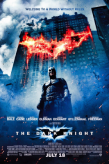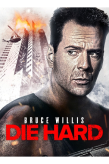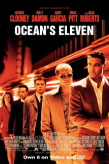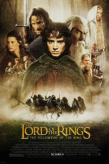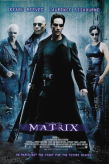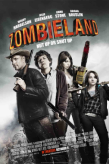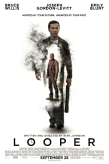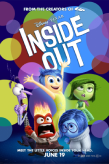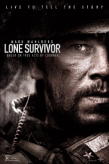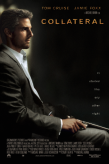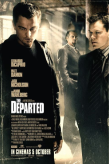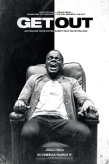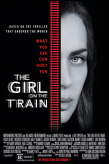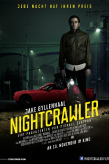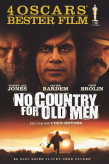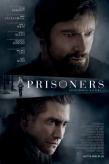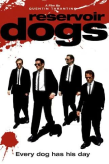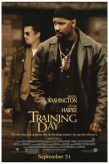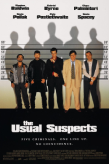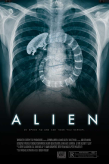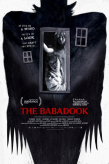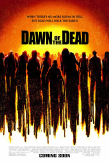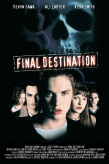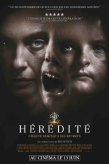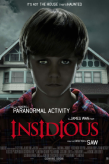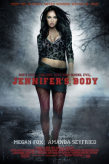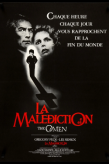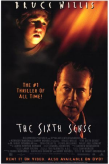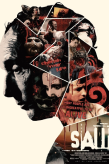Guide to Finding/Reading Scripts Online

Guide to Finding/Reading
Scripts Online
Films and theater – two things people love to watch and have enjoyed in some way or another for thousands of years, since the first plays put on in ancient Greek amphitheaters.
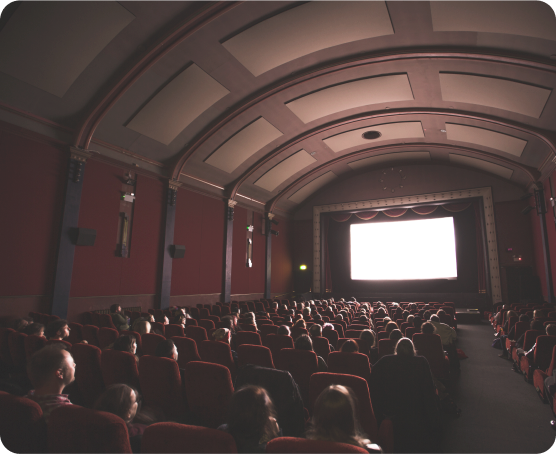
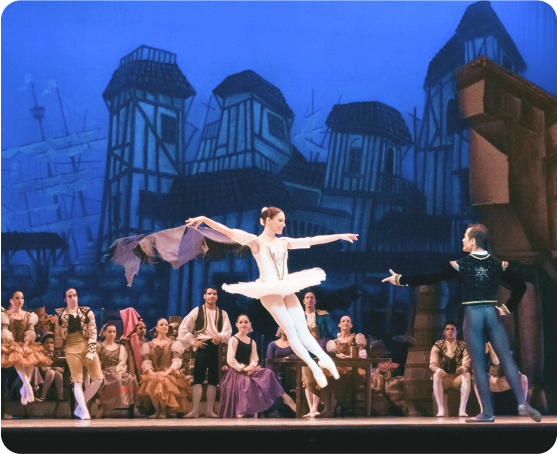
One excellent way to do so is through reading scripts—both for film and theater—and allowing your imagination to take over the role of director, cast, and production team.
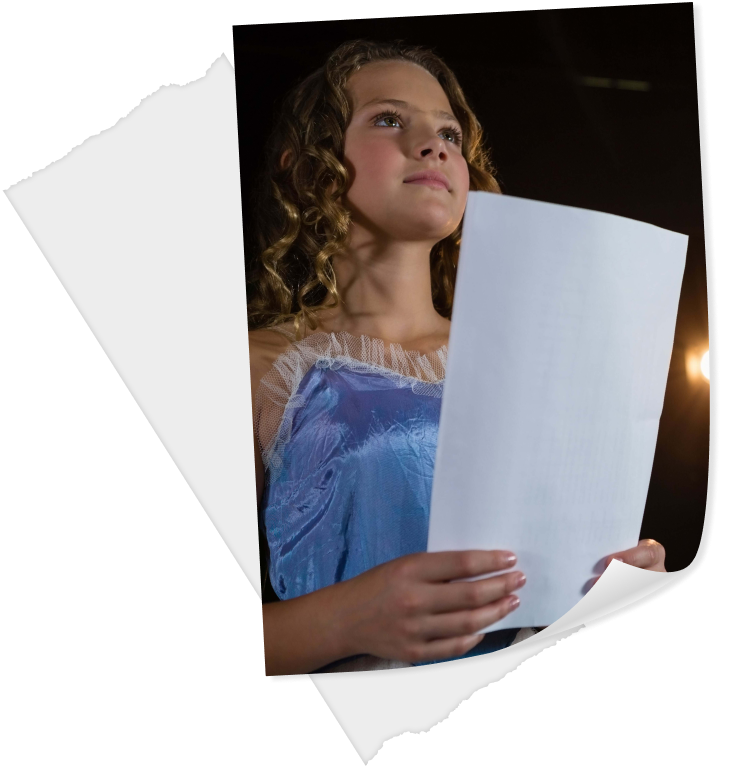
Whether it is a familiar story, one that you have seen on screen or stage before, or a brand-new narrative to explore, script reading is a great way to understand more about film and theater.
Read on for your complete guide to finding and reading scripts online.
Introduction
to Scripts
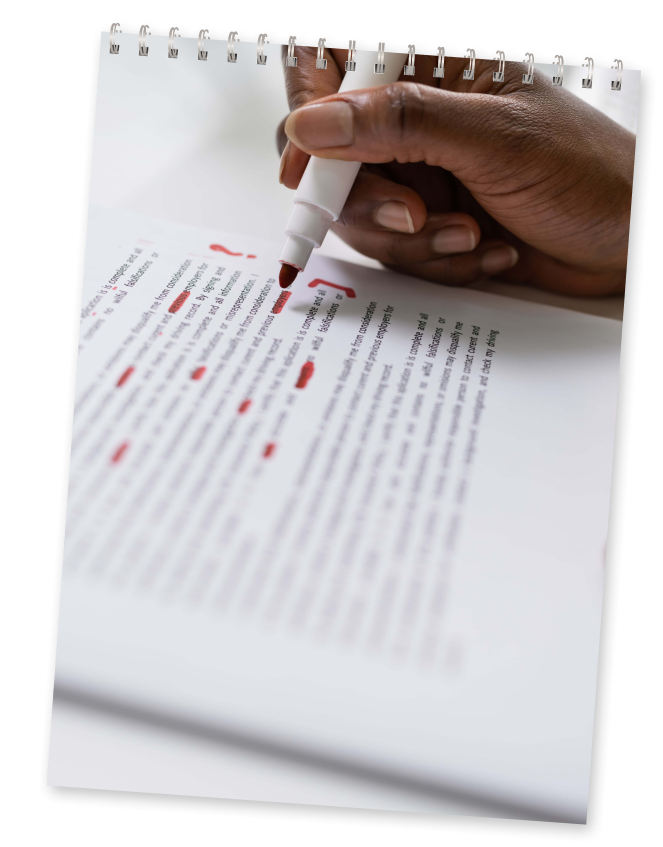
If you have not had much experience in reading scripts, you may not know where exactly to start.
And if you simply type in “scripts to read” into Google, the absolutely massive array of scripts that pop up to vie for your attention can be quite daunting.
So, to establish a good base understanding, let us begin with an introduction to scripts and script reading.
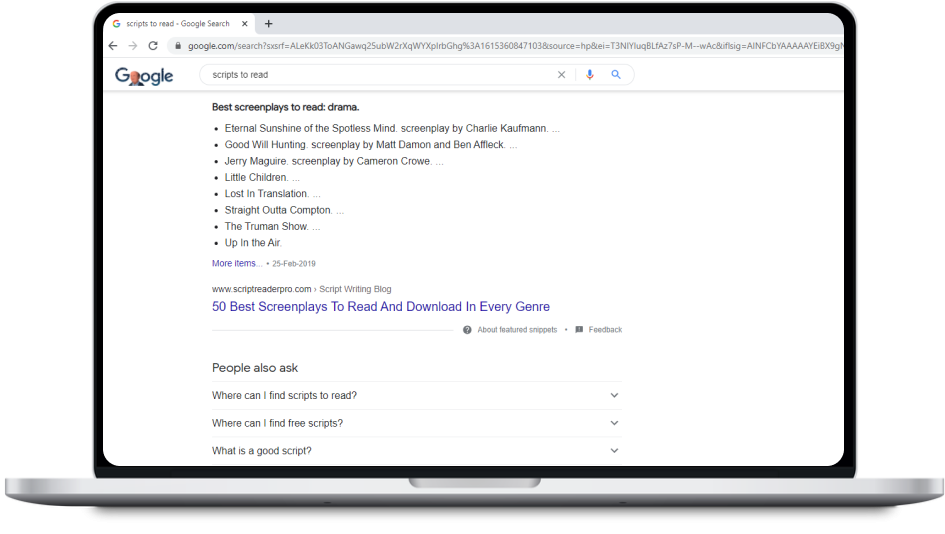
A Brief History of Scripts
While the idea of a script or some sort of written guide for actors to follow has been around since ancient cultures, scripts became popularly associated not only with the stage, but with movies and TV shows as film grew to become a more and more viable form of entertainment.
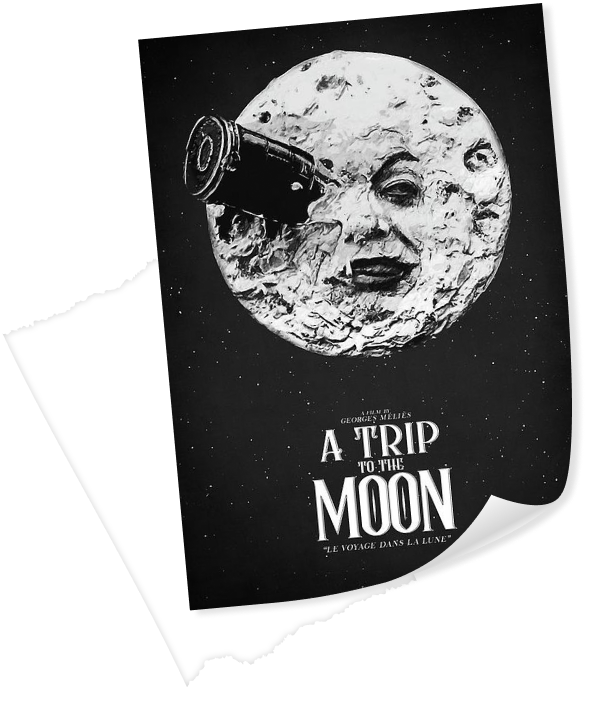
First modern script written by, George Melies
Silent film A Trip to the Moon
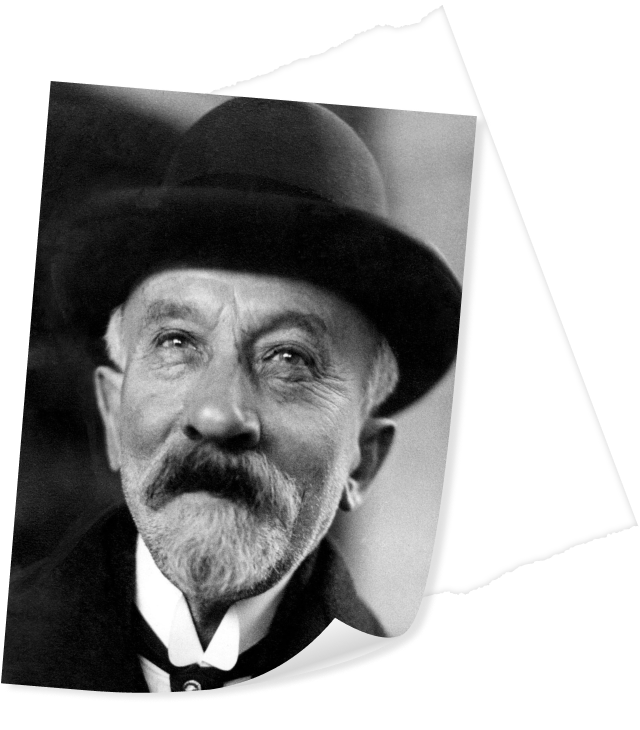
Widely considered the first modern script written, George Melies’ silent film A Trip to the Moon in 1902 used an only thirty-line script including its special effects direction, such as “loading the gun” and “splashing into the open sea”.
Types of Scripts
There are several subtypes of scripts which we will briefly discuss here, as it is important to know what kind of script you are reading.
While it may seem odd that scripts are further categorized into different types, beyond being for stage or for screen, but it’s true.
This kind of script is wholly original—a narrative directly from a
writer’s mind and not based on underlying work.
When producers are asked to pitch their take on a film, it is
called a pitch script. It helps to determine story direction, and
can be outlines, synopses, or treatments.
Abbreviated from speculative, these scripts are based on
existing properties of franchises or series and are written
tentatively, with the writer hoping to be hired onto a
pre-existing production series. Other types of spec scripts
include off-book scripts, stunt scripts, and on the bubble
scripts—all different versions of a writer’s bid to be taken
onto a production.
Why Should I Read Scripts?
Even if you are not interested in becoming a scriptwriter yourself, or a writer at all, scripts are still a great way to keep your mind engaged and your imagination sharp as a whip.
Just by reading scripts, you can heighten your enjoyment of watching films and theater ensembles, as you begin to understand the background workings, the subtle action cues, the emotional vulnerability, and the innate structure of such productions.
Your insight into the world of screen and stage can only be expanded by spending time reading scripts, so what do you have to lose!
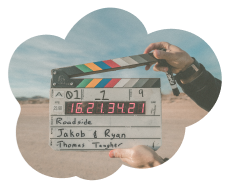

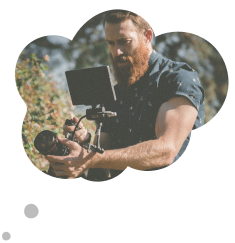

Script Reading
for All

Even though reading through an entire script can seem daunting, especially given a glance at the page count for a full feature-length film script (around 90 to 120 pages), the benefits outweigh the potential downsides.
Generally speaking, reading a script will take you between 60-90 minutes, which in the grand scheme of things, is not too much time—especially if you find yourself truly enjoying the ride.
Script Reading for
Budding Writers
Aspiring writers will especially find script reading to be a rewarding experience. Whether you are hoping to write for screen, stage, or even just novels or short stories, experiencing scripts and analyzing them is a great way to bolster your confidence and strengthen your innate skills for narrative, dialogue, action, and timing.
Experiencing scripts and analyzing them is a great way to bolster your confidence and strengthen your innate skills for
Letting the words, ideas, and dialogue from another wash over you and spark your imagination is a great way to get inspired yourself.
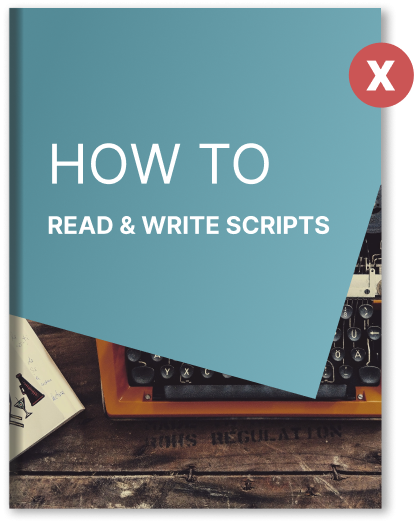
How-to Book
on structuring your own script
Also, instead of reading a how-to book on structuring your own script, experiencing the successful structuring of acts in a script is so much better for retaining organic knowledge of such technicalities.
Learning by example not only benefits people outside the world of scriptwriting, but also anyone who does read scripts—even if the script is a ‘bad’ one, you can still identify what made it that way.
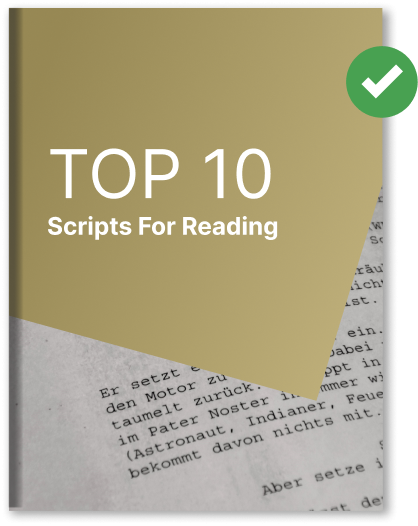
Successful Structuring
of acts in a script
Film Analysis &
Script Reading
Another perk to reading a film script is the opportunity it provides to analyze the film itself. Because you are essentially reading the behind-the-scenes of the film, you get a peek behind the curtain.
Scripts allow you a look into the atmospheric, moral, sub textual, and emotional tones that the film is trying to convey.
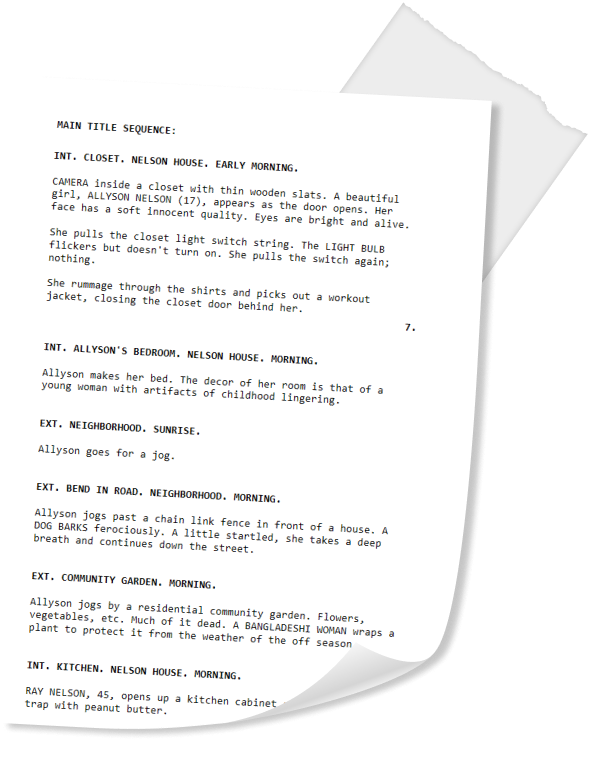
You begin to notice the subtle differences You can begin to ask yourself.
Successful Adaption?
How successful was the adaptation from the page?
Same Feeling?
Do you get the same feeling reading the script as you do in watching the screen version?
Dynamic Characters?
Are the characters as dynamic as they were in the script?
Suddenly, you are able to conduct a full examination of the two separate components—script and production.
The Perks of Analysis
Being able to analyze and think critically about the films and shows that you watch opens up a whole new realm of possibilities.
You suddenly begin to pick out the idiosyncrasies that actors inevitably bring to the character and their dialogue, note the translation of emotions from written to spoken, and gain a deeper understanding of the corporeal connection that exists between the script as a physical object and the artistry that goes into giving it life onscreen. Analyzing scripts and their screen or stage counterparts can be a fascinating experience and a constructive skill to cultivate.
What Makes a
Good Script?
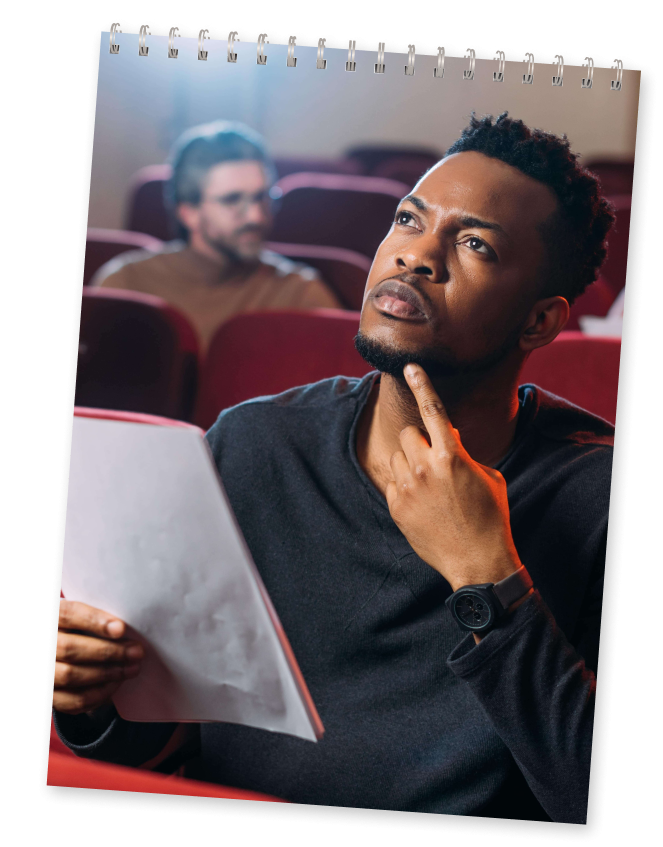
It should not come as a surprise that hundreds of thousands of scripts are written and submitted within the USA alone every year.
These come from writers of all experience levels, from the amateur movie lover trying their hand at writing to the veteran screenwriter submitting their hundredth piece.
But what are the parameters of what makes a script categorically good or bad—is it even possible to quantify it?
There is of course room for subjectivity in the debate of what qualities make up a particularly good script, but some elements show themselves to be consistent components of enjoyable and successful scripts. These are some of the top things that producers look for in a good script that they would like to take a chance on. While this is not a comprehensive list of attributes, let’s take a look at some of these key script essentials and discuss them briefly.
Formatting
A script that is incorrectly formatted might not necessarily be a ‘bad’ script, or with an unenjoyable premise, but in terms of production every script worthy of consideration must adhere to the proper formatting.
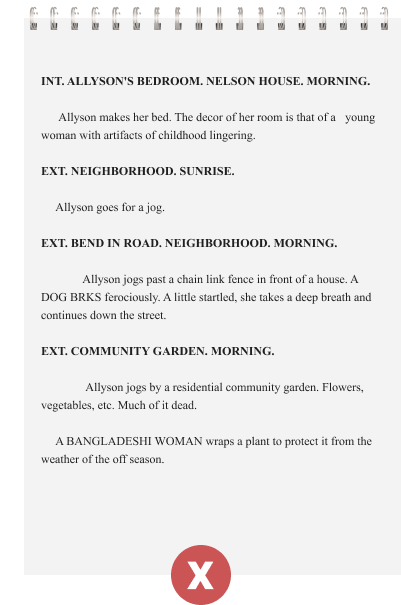
Font Size: 10-Point
Font: Times New Roman
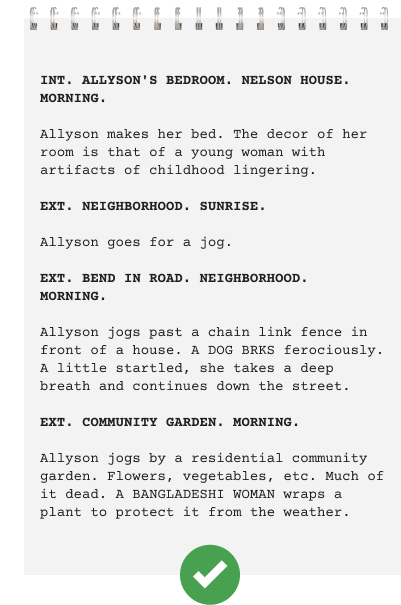
Font Size: 12-Point
Font: Courier
This includes a 12-point Courier font, specific margin sizes, and about 55 lines per page. Thankfully, there are many options in script-writing software that handles all the technicalities for you.
An Original Idea
A script does not have to be incredibly complex or high concept, but a good script generally tells its story in a new way, even if it follows an existing conception.
Either with a fresh take on something already done, or a very original idea that pushes the boundaries and breaks new creative ground, great scripts are gripping, and utilize the unexpected and twisted to grab the attention of a reader or viewer and leave them wanting more.
Visual
You remember the old adage—“show not tell”. Well, it certainly comes in handy when it comes to scripts and cinema.
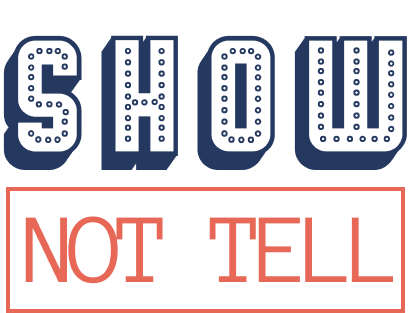
A good script will evoke an image in your mind rather than spelling it out blandly on the page. A well placed and summoned piece of action (be it adventure action, or a simple poignant movement) can replace superfluous lines of dialogue and have a much greater impact.
Escalating Conflict

A good script will keep the reader on their toes from the opening scene, through the tribulations each character faces, until the final line is reached with the end direction of FADE OUT.
While all are familiar with the idea of the narrative arc, well-plotted scripts go beyond that routine roller-coaster model. Obstacle after obstacle needs to be thrown at the protagonists to kick up as much doubt as possible. Will they ever achieve their goal? The more unrealistic the protagonists’ goals seem to be, the more gripping the plot.
Engaging Dialogue
Scripts exist in a strange limbo—the script itself relies solely on words in order to evoke the reader’s imagination in lieu of a screen, while the stage or screen production relies on a mixture of dialogue and physical movement to convey the story beyond visuals.
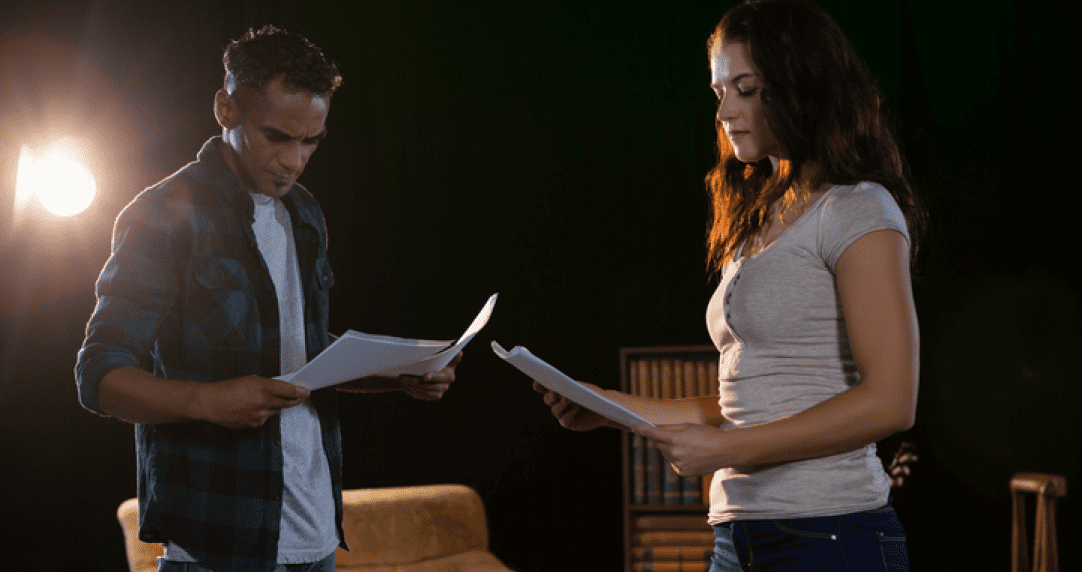
So, it is no wonder that good scripts need to have engaging dialogue as an essential component.
It is a symbiotic relationship between visuals and dialogue, and the balance needs to be perfect in order for the screen or stage production to convey the energy of the script properly.
Top Places to
Find Film
Scripts
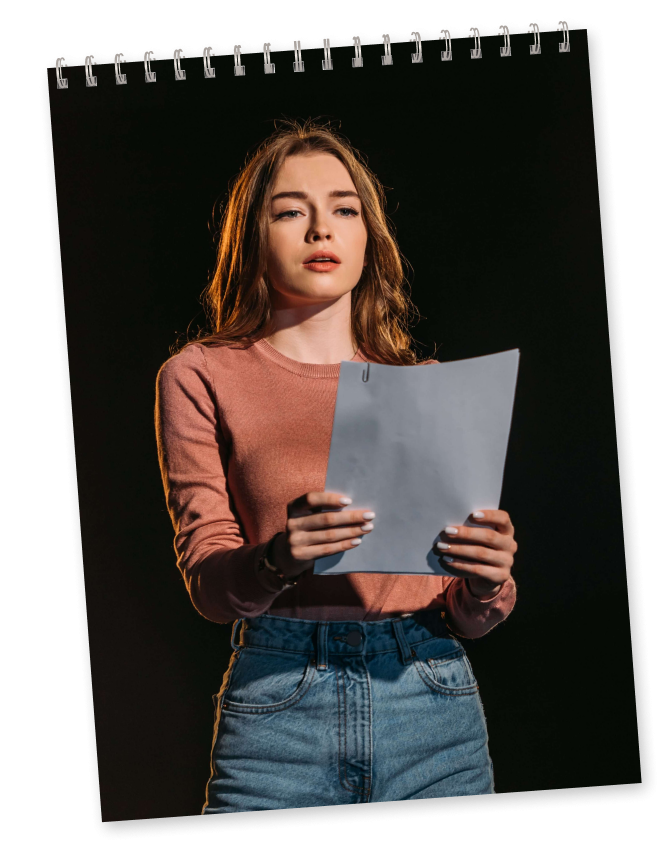
Now that we have discussed some aspects of scripts and the benefits that come with reading them, let’s get into the scripts themselves. Where do you find film scripts to read—a cursory Google search will net you many, many results of varying quality, so what are the best places to read scripts online?
Here are some places where you can find film scripts to read online:
Top Places to
Find Theater
Scripts
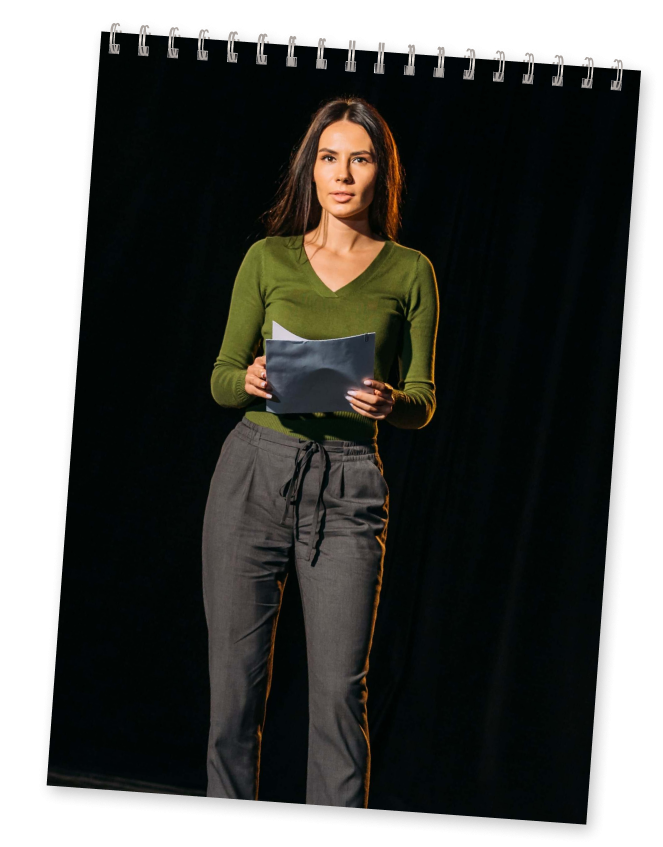
Now that we have a decent idea of where to find scripts for films online, we can turn our attention to theater scripts and ask the same initial question. Where can you find good theater scripts? While some may believe that theater scripts might not be as popular as scripts for major Hollywood blockbusters, luckily there are plenty of options for sourcing good scripts to read online.
Here are a few resources for finding and reading theater scripts online:
Scripts to
Start With
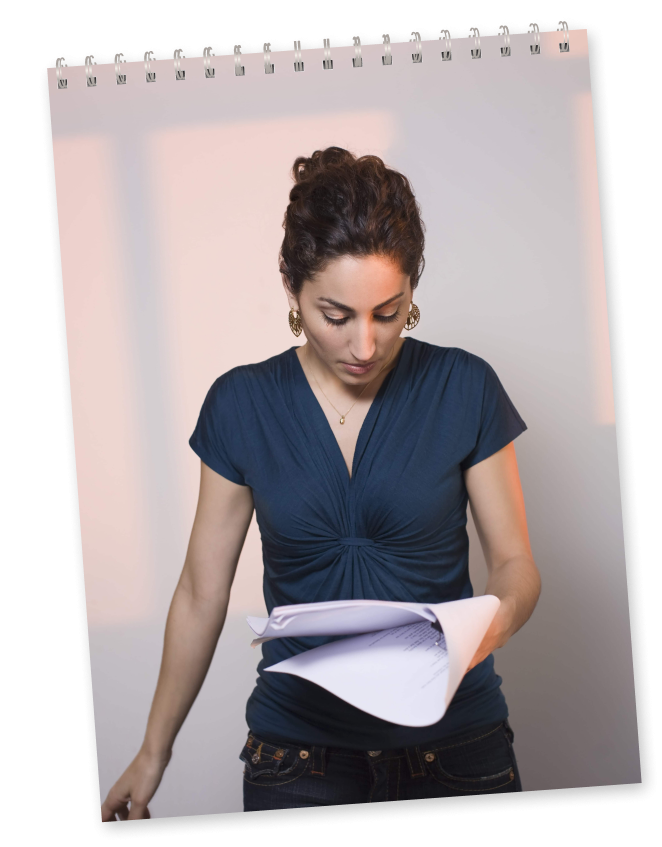
All these places to find scripts are well and good, but what are the titles you should start out your foray into the world of script reading with? Perhaps you would like to start by reading scripts that are critically acclaimed and well worth your time, instead of chancing it with amateur scripts. No need to worry—below are some truly great scripts in top genres to help narrow down your selections and get you started on your journey
Dramas
Comedies
Action and Adventure
Thrillers
Horror
How to Read a
Script: Tips
on Breaking it
Down
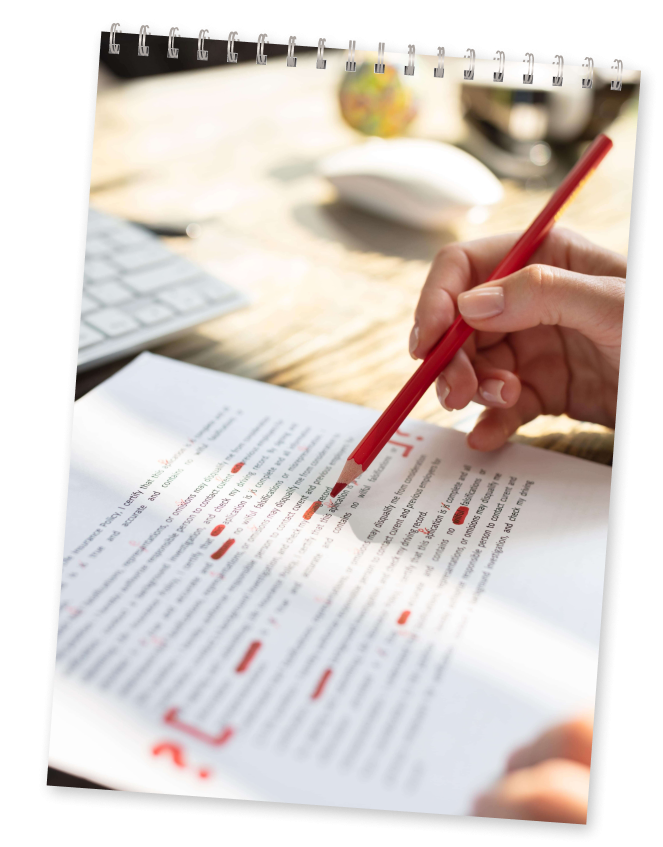
Now that we have plenty of suggestions for scripts to begin reading, what else is there to know about the actual reading?
It might seem straightforward enough to simply dive in and begin reading, but there are some ways in which you can enrich your reading experience and make it all the better. We touched on the idea of analysis of films and plays through their scripts earlier, but here are some ways in which to break a script down for easier analysis, and some questions to keep in your mind while reading.
Try to envision the script in a scene by scene way, breaking apart the act structure and overarching narrative for a moment, and allowing the story to play out purely as scenes leading into each other.
- Do they make sense with only their gentle story tendrils holding them together?
- If you select a single scene apart from the others, does it read like a snapshot into the world of the story?
- Would you reorder any scenes differently if you had been the writer?
Paring off the excess parts of script to identify the bare basics of the plot can actually be more difficult than it sounds. The script may have lovely visual, physical, and audio trimmings, but at the core of the story is the plot, like a backbone.
- Can you identify it and summarize it into a paragraph or a sentence?
- If it follows a familiar concept, what does this plot do to make its take fresh and new?
More than just talking heads, the characters are always crucial to the plotline. Try thinking about them as real individuals, tackling a real struggle.
- What are their motivations, whether they are heroes or villains?
- What kind of effect do their decisions have on the story?
- What kind of mistakes do the characters make along the way?
All creative work has a theme, whether it is overt or not. The act of creation is impossible without attaching some overarching meaning to it, and scripts are no different.
- What is the theme of the narrative?
- And how does this script’s handling of that theme stand up to other works that tackle the same theme?
- Does the script engage with the theme in a positive or negative way?
- And lastly, what kind of feeling do you come away with as soon as you put down the script and stretch your legs?
- What parts of the story have clung onto you and are instantly recalled, and why do you think they were so prominent to you?
Not everyone takes the time to evaluate their personal takeaways from an experience, be it reading a script, watching a film, or even attending an event. It can be beneficial to understanding the relationship between script and screen, and where you stand between as a medium of sorts, to ask yourself what your main takeaway from the reading experience was.
Try to envision the script in a scene by scene way, breaking apart the act structure and overarching narrative for a moment, and allowing the story to play out purely as scenes leading into each other.
- Do they make sense with only their gentle story tendrils holding them together?
- If you select a single scene apart from the others, does it read like a snapshot into the world of the story?
- Would you reorder any scenes differently if you had been the writer?
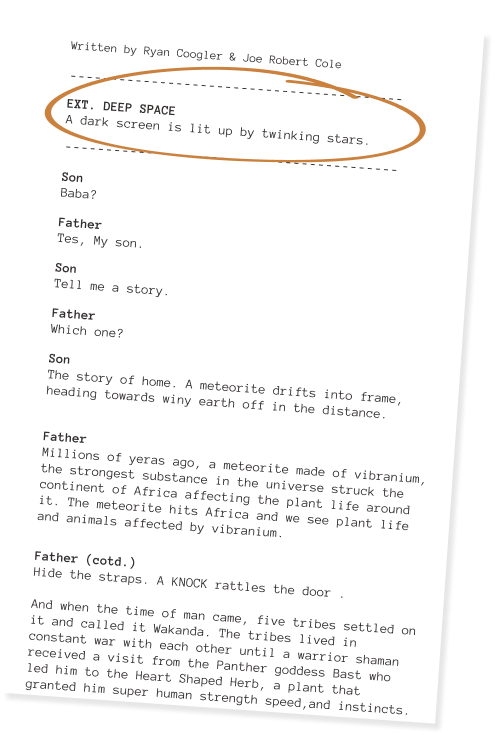
Paring off the excess parts of script to identify the bare basics of the plot can actually be more difficult than it sounds. The script may have lovely visual, physical, and audio trimmings, but at the core of the story is the plot, like a backbone.
- Can you identify it and summarize it into a paragraph or a sentence?
- If it follows a familiar concept, what does this plot do to make its take fresh and new?
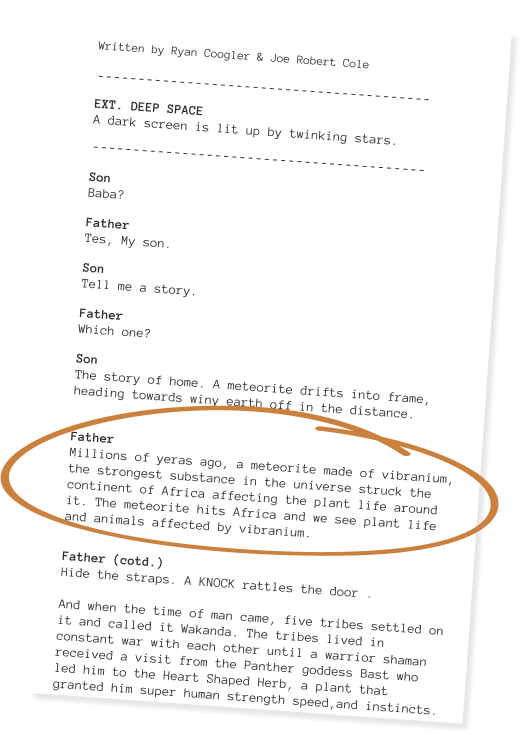
More than just talking heads, the characters are always crucial to the plotline. Try thinking about them as real individuals, tackling a real struggle.
- What are their motivations, whether they are heroes or villains?
- What kind of effect do their decisions have on the story?
- What kind of mistakes do the characters make along the way?
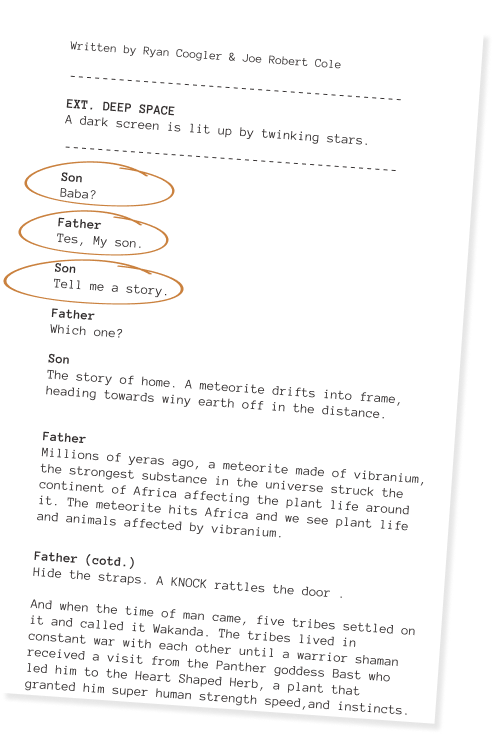
All creative work has a theme, whether it is overt or not. The act of creation is impossible without attaching some overarching meaning to it, and scripts are no different.
- What is the theme of the narrative?
- And how does this script’s handling of that theme stand up to other works that tackle the same theme?
- Does the script engage with the theme in a positive or negative way?
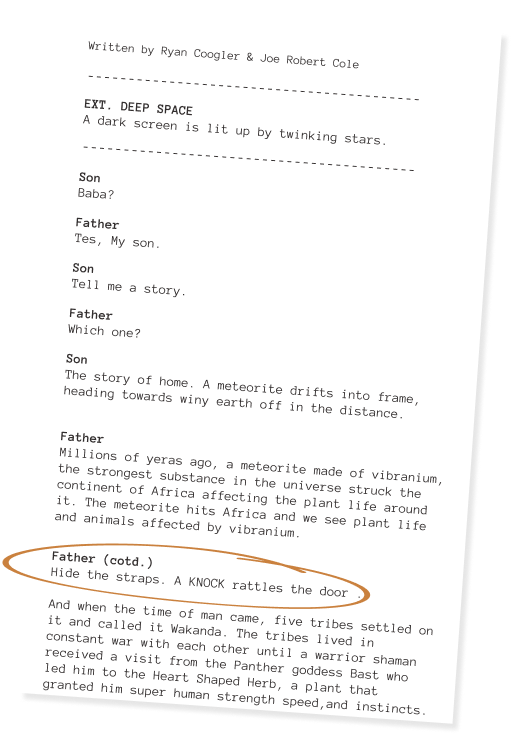
- And lastly, what kind of feeling do you come away with as soon as you put down the script and stretch your legs?
- What parts of the story have clung onto you and are instantly recalled, and why do you think they were so prominent to you?
Not everyone takes the time to evaluate their personal takeaways from an experience, be it reading a script, watching a film, or even attending an event. It can be beneficial to understanding the relationship between script and screen, and where you stand between as a medium of sorts, to ask yourself what your main takeaway from the reading experience was.
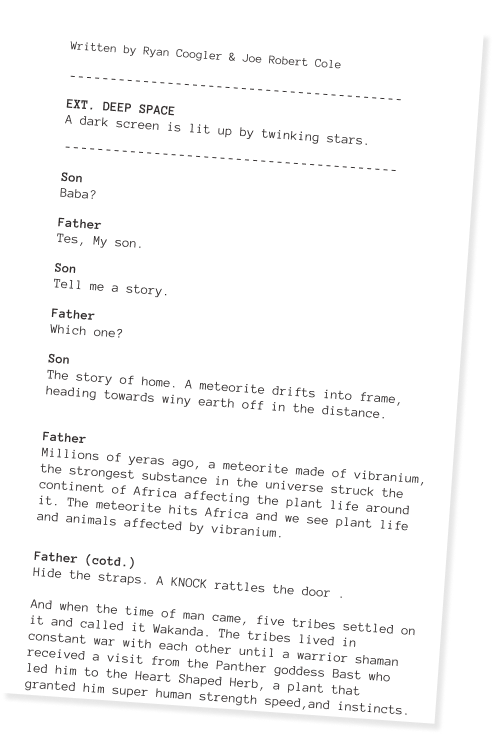
Script Reading
Professionally
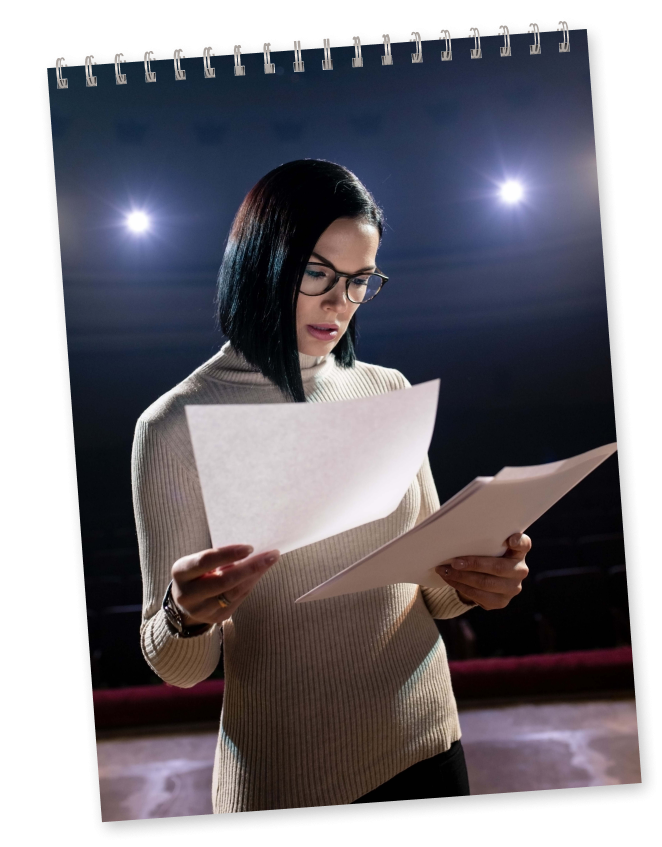
If you really enjoy reading scripts and thinking critically about them, you are in luck—there is an entire job world out there that involves just that.
If you fancy getting into the film industry, you can find job openings as a professional script-reader for a studio, a private agency, or through freelancing. This could be just the job for you!
Professional script readers help producers determine what projects are worth their time and money, by evaluating the scripts that are submitted with an eye to current film climate, profit, and awards possibilities.
film climate
possibilities
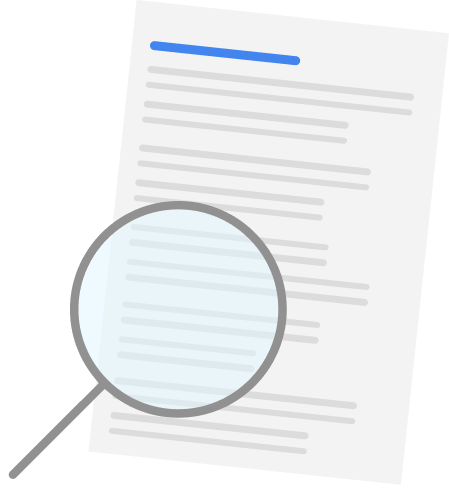
Script readers are the first line of defense against bad scripts getting too far into the studio’s circulation and are crucial to the operation of films and production.
Here are some resources for getting into the world of professional script reading:
Why Not Try
It Yourself?
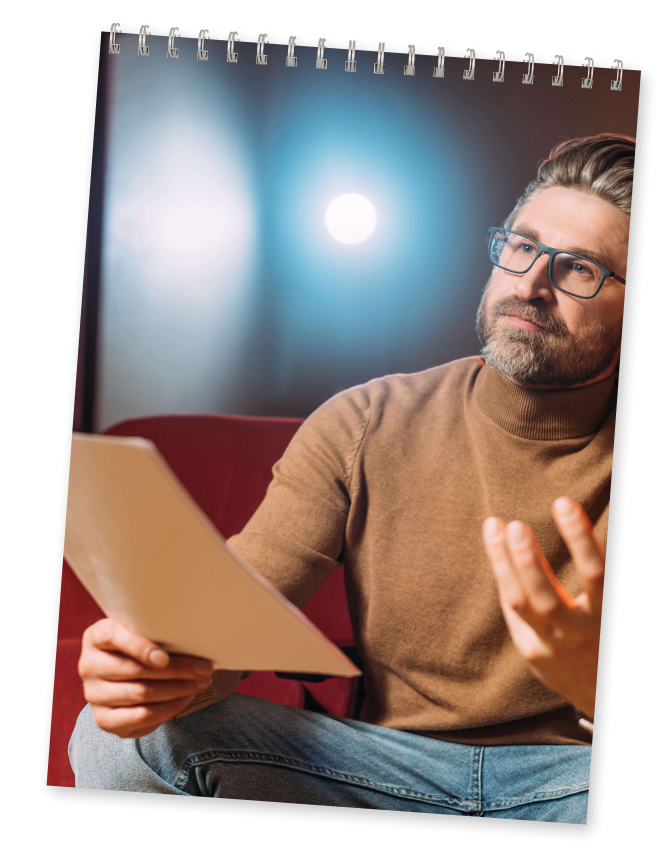
Once you have gotten into the habit of reading scripts for theater and film productions, and feel like you want to take your exploration of scripts a step further, why not try your hand at writing your own screenplay or stage-play?
If that seems overwhelming, don’t forget—to begin, you do not necessarily need to have an original idea of your own.
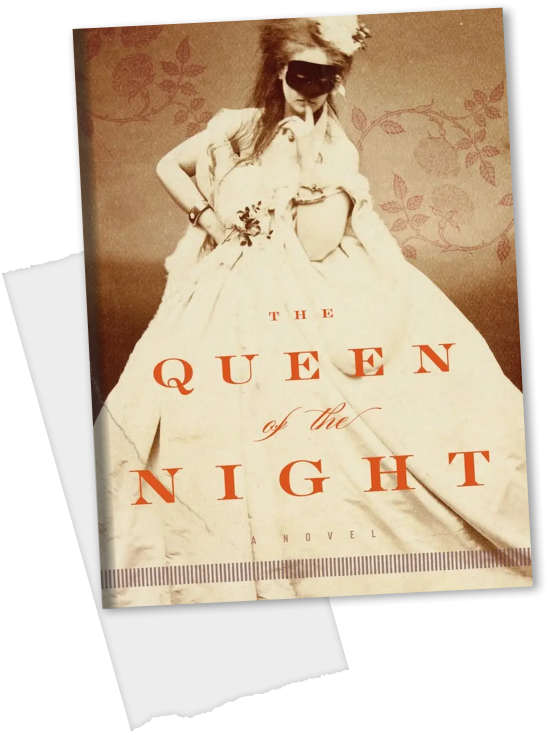
There are plenty of novels and short stories out there that have yet to be adapted into scripts.
There are plenty of novels and short stories out there that have yet to be adapted into scripts. This could be a great way to ease yourself into the world of writing your own scripts, by applying your analytical and critical examination skills to the source material, and figuring out how to turn it into a physical and visceral production.
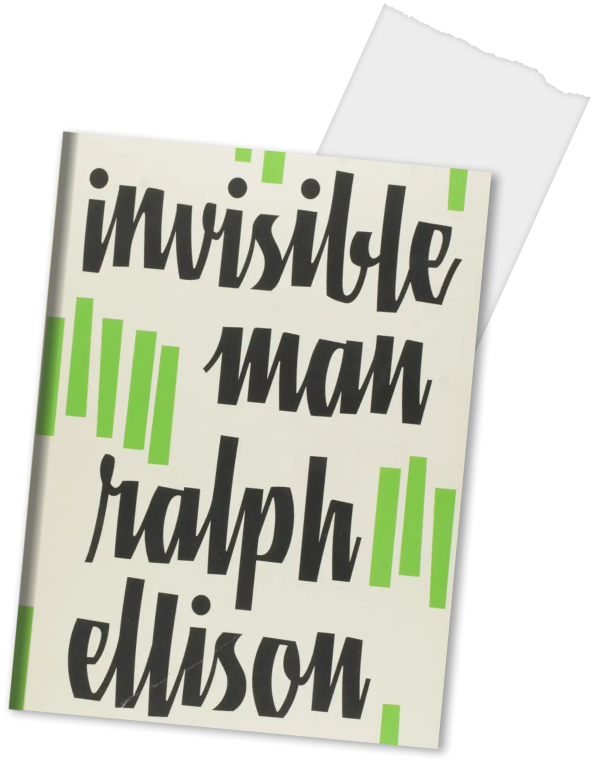
Plus, there are plenty of resources and instructional materials out there to assist you in your expedition into writing, so you will have guidance for each step along the way!
Here are some places for more information:
Finding and
Reading Scripts
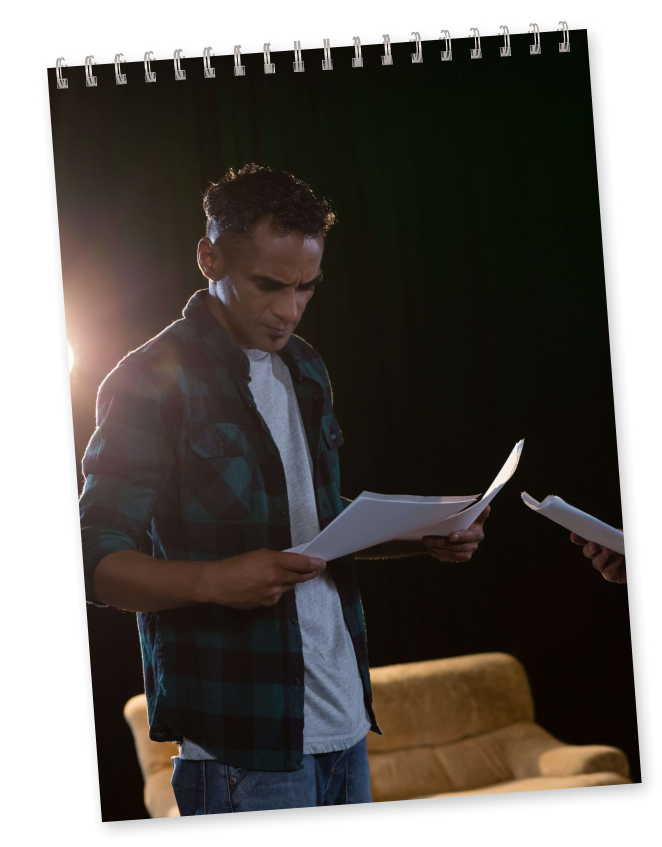
While watching a film or theater production is definitely a thrill in itself, there are some definite benefits to reading the material they originated from—the original screenplay or stage-play.
By removing yourself from being the viewer to becoming the director, the cast, & the visual effects all yourself with the help of imagination, it can be particularly enlightening to let the script inform your experience and take the reins.
Even if you are reading the script to a film that you have seen a dozen times, it is likely that you will come away with a different understanding of the plot, characters, or settings.
Along with some of the best places to locate great scripts, and some titles to get you started, hopefully this guide to find and read scripts has been of use to you!
More
Information
about Scripts
and Script
Reading
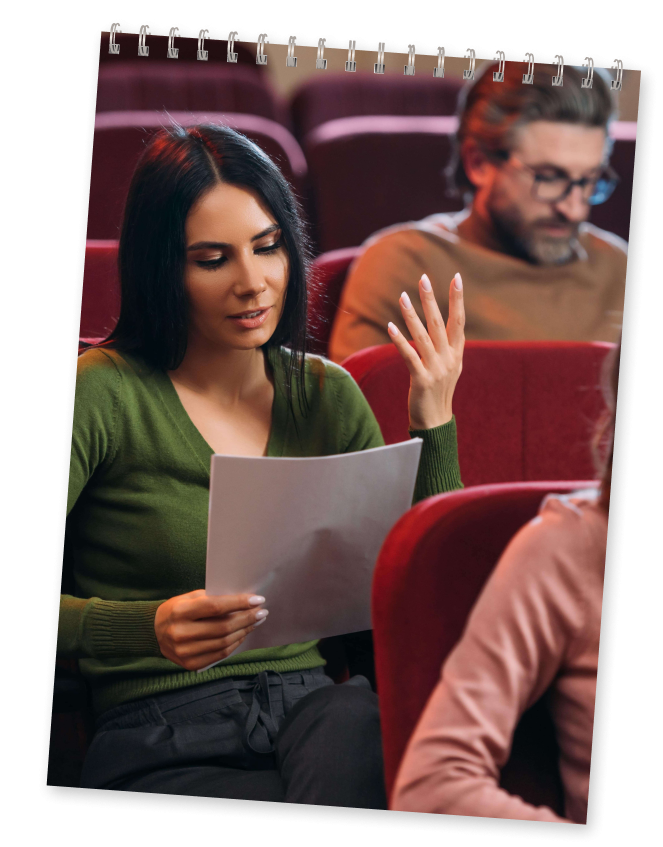
Here are a few extra resources for more information:





